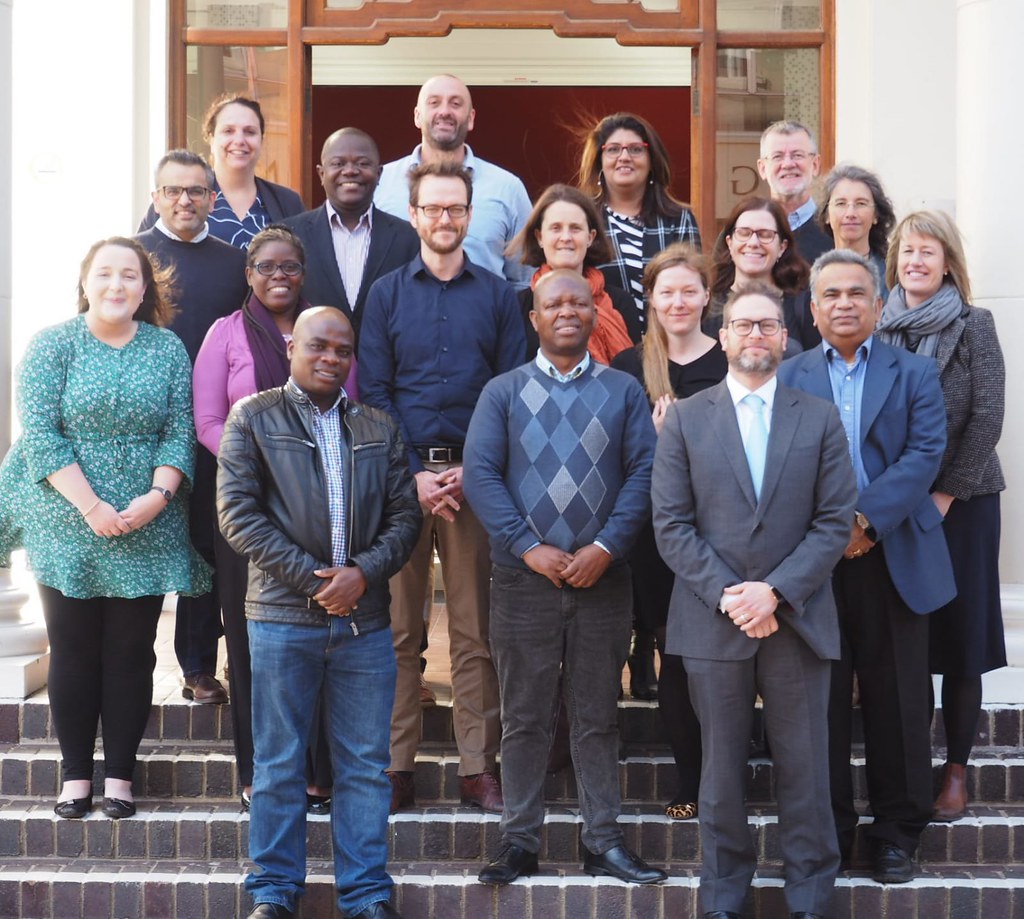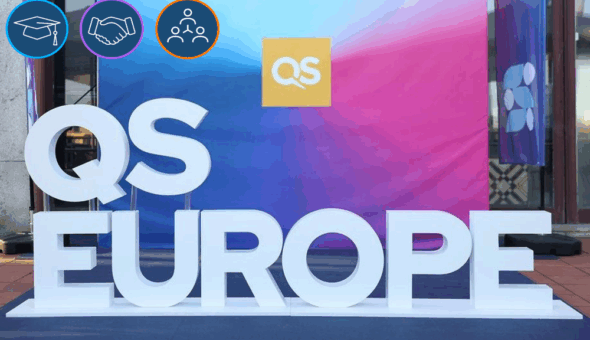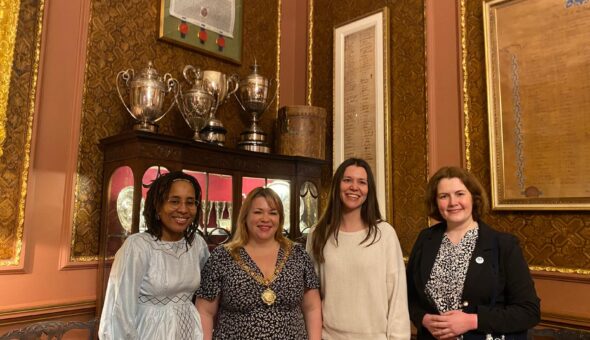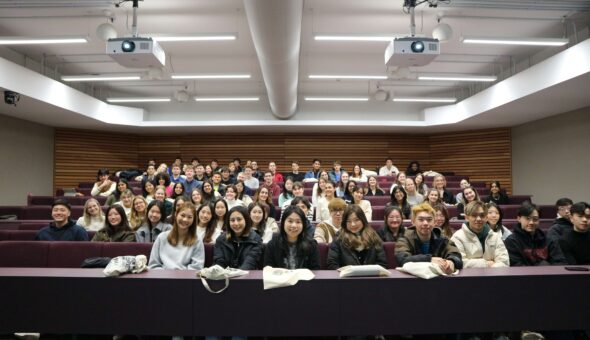Earlier this year, we celebrated the successful launch of a new doctoral training consortium to support doctoral provision especially for university staff in South Africa.
Under the auspices of the South Africa-UK University Staff Doctoral Programme (USDP), ten PhD candidates at Stellenbosch University and the University of Fort Hare have joined the programme to undertake research training in the field of public policy and inclusive development. With co-supervision by Bath academics across our social sciences, the programme will offer a unique portfolio of training interventions while tailored support will be provided through part-time, blended delivery and funded teaching replacements as the candidates continue to be employed as lecturers and academic staff at their home universities.
Supported by the Department of Higher Education and Training (DHET), the USDP programme aims to build capacity for high-quality PhD training as South Africa is reviewing the standards for doctoral provision.
But the programme we have developed with our partners will also train a new generation of policy researchers in the post-Apartheid context.
Their research will address some of the most pressing societal issues in South Africa today as well as the policy challenges underpinning them – studying, for example, how the inequalities of health provision and education intersect, and examining how unequal access to financial services, land rights or transportation impact on job creation and livelihoods. With the aim of improving policy outcomes, the projects advocate for better and more research-informed policy making, and they share a vision for revitalising the relationship between academia and government in South Africa today.
We launched the programme with three-days of virtual orientation, which was superbly coordinated by Dr Jaco Franken, Manager of the Faculty of Economic and Management Sciences at Stellenbosch University and the USDP project lead.
Originally planned as an in-person event in Stellenbosch, the orientation format had to be adapted to account for Covid restrictions. It wasn’t an ideal solution, as not everyone had access to reliable internet connection, especially in some of the storm-hit areas in South Africa. However, it was a useful platform for the candidates to present their initial proposals and further develop research question and approach with their supervisors.
At the same time, we wanted the launch event to offer more than a technical induction to the programme. Drawing on colleagues’ personal experience in South Africa and the UK, we hoped to provide inspiration and mentorship for successfully starting an academic career across cultural contexts.
Colleagues at various career stages, from early-career researchers to senior scholars, shared learnings from their own PhD journey and post-PhD pathways. A different perspective was brought by speakers who had shifted from a doctorate into professional careers in higher education or industry, or had experience moving across sectors in research and practice.
Presenters across Stellenbosch, Fort Hare and Bath reiterated the need to be strategic in building a research profile and navigating a highly competitive academic job market – but they also looked back at their own personal experience, which could be much more serendipitous, with lessons learnt along the way.
Exploring the impact of place, for example, Prof. Louise Brown (Bath) and Prof. Munacinga Simatele (Fort Hare) discussed navigating a PhD across different academic environments and how we tend to underplay and underestimate the impact of personal places – our lifestage, gender, race and class – on the individual research experience. Acknowledging how personal backgrounds and challenges shape academic identities is not only essential for fostering more inclusive research cultures; it can also be vital for enabling empathy and connection in the research itself.
Reflections therefore also focused on finding one’s voice as a researcher – the importance of crafting a narrative, articulating impact, and engaging with the community, including public audiences and policy makers.
As a policy researcher with his own radio programme, for example, Bath academic Dr Matt Dickson spoke of the value of building skills in connecting with practitioners, including through media training.
Most of the PhD candidates in the USDP programme bring experience working outside of academia, having held previous policy or research roles in the public sector, industry or NGOs. And while public engagement has become an integral part of PhD training in the UK, it has a particular role to play for South African academics, especially economists and policy researchers.
Leading a session on this topic, Fort Hare development studies expert Prof. Andries Bezuidenhout highlighted the responsibility for a new generation of scholars, including black and first-generation PhD researchers, to contribute to knowledge that can be truly transformative for society. Building on the South African tradition of knowledge activism and critical engagement – engaging with government, private or third sector organisations while maintaining a critical distance – they have an opportunity to shape the future of South Africa’s complicated higher education legacy and become ambassadors for its scholarship in the global academic community. Creating the conditions for individual success and collective solidarity, however, is foundational and the USDP programme can be an invaluable framework to support this ambition.
At Bath, we take pride in our global outlook, working closely with partners in the global South to address the multidimensional challenges of inclusive development. These partnerships have enabled us to build a rich portfolio of innovative research and education programmes that connect with the world of practice and engage students, researchers and professionals from diverse backgrounds. As strategic university partners, Bath and Stellenbosch have built particularly successful links and many of our academic colleagues involved as co-supervisors in the USDP programme have built close relationships in South Africa.

This commitment has also taught us more about ourselves as a university, adding a transcultural lens and diversity to our teaching and building context and capacity for new interdisciplinary and applied research.
We therefore hope that the USDP programme will not only support the success of doctoral training in South Africa but will also help to foster a shared sense of academic community, both within South Africa and between our two countries, providing a platform for solidarity and dialogue, and sharing learnings along the way.
Respond




